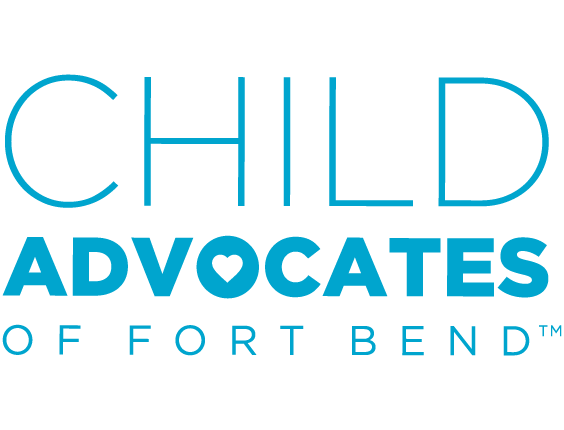January is mental wellness month!
As we reach the end of this month, I want to share a few reminders and tips as we move through the remainder of the year. Mental wellness is crucial for everyone, even those who feel particularly healthy.
Caring for your mental health can help you maintain a steady pace or help combat difficult symptoms. The pandemic has led to worsening of mental health and, for some, mental health crises. Rather than the cliché New Year Resolutions that are often lost promises, it may be helpful to take a new approach this year. Incorporating small changes to increase your mental wellness can be an easier goal to maintain.
Here are a few strategies that you can incorporate on a daily basis or that you can utilize in times of stress:
Positive self-talk
It’s common to get into cycles of speaking negatively to ourselves. Rather if it’s telling ourselves we “should” or “shouldn’t” do something or name-calling, these regular words can hurt just like if someone else was saying them to us. Recognizing and making changes to how we speak to ourselves can make a large difference in our mood.
Take a Break
Step outside, go for a short walk, take 5 deep breaths, leave your phone in the other room. You’re allowed to take a short (or long!) break. This doesn’t have to be a large commitment with a big chunk of time if that’s not possible for you. You deserve a few minutes to find calm and be present.
Utilize Technology
Many of us are using our phone or computers most of the day. We know and hear about how the technology can be harmful for us, but there are also ways it can be helpful. There are numerous apps and websites that can benefit our mental health in different ways.
- Headspace is a meditation app with hundreds of meditations on various issues such as anxiety and focus. Downloading the app gives a peek into the world of meditation and, if thoroughly interested, you can pay for a monthly subscription.
- YouTube is not an uncommon website, but are you using it to its capacity? YouTube is not just for tutorials and funny cat videos. It has an extremely wide range of meditation videos, coping skill videos, yoga practices, and videos of those talking about their own experiences with mental health/wellness. My favorite meditation channel is by Jason Stephenson. Why not try out some new things?
- iBreathe is an app that helps you better understand how to properly deep breathe. No frills, no fuss, no cost. You decide your own pace and iBreathe is there to guide you.
- A few online therapy apps for adults include Talkspace and Betterhelp. These have licensed therapists who are there to help you through standard talk-therapy as well as texting, audio calls, and more. These companies have different pricing plans that may be cheaper, different, or easier than finding a therapist in a traditional fashion.
- Don’t forget the old-fashioned notes app in your phone. This can serve as a place to journal or vent when you’re feeling stressed, anxious, or sad. You can keep it to reflect on your moods or delete it after you’re done. There’s no commitment and no cost. I encourage my clients to not put too much pressure on themselves when journaling. Do it when it feels right and don’t feel like you need to write a novel. It can be as simple as one sentence.
Lastly, give yourself some helpful reminders on a regular basis. You are doing the best you can, you are enough, feelings do not last forever, you are strong.
Meghan Zeien, LMSW
